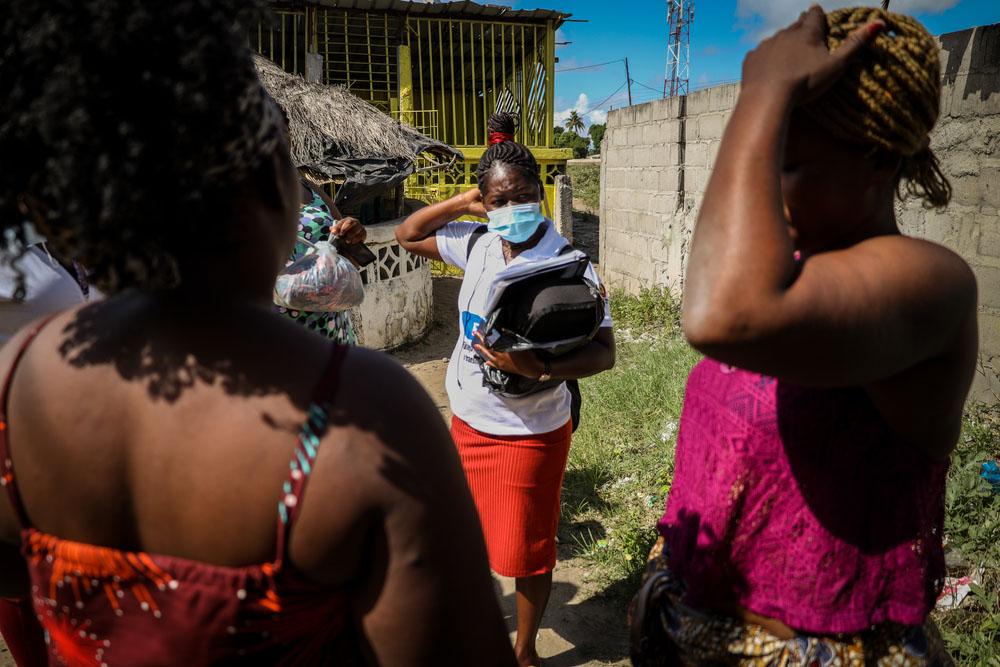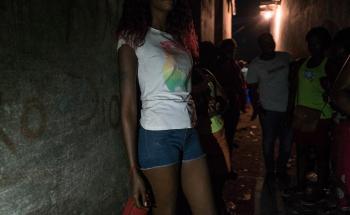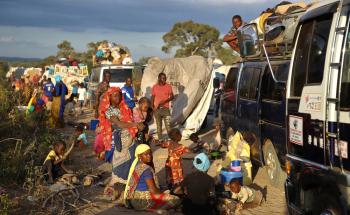In Beira, Mozambique, Médecins Sans Frontières (MSF) is working closely with people who face stigma, including men who have sex with men, sex workers, and at-risk youth involved in sex work, to ensure they feel safe accessing medical care. People who participate in highly stigmatised activities often feel uncomfortable seeking medical services. Because of this, health issues that are preventable and treatable, if not cared for in a timely manner, can become more complex.
MSF has implemented a peer-led strategy with the goal of creating a trusting environment where all people feel comfortable accessing healthcare. The strategy uses peer educators who are sex workers, men who have sex with men and at-risk youth, themselves. By using a peer-led strategy, more people are receiving sexual and reproductive healthcare as well as information, services and tools to prevent, diagnose and treat sexually transmitted infections, including HIV. This programme has mobilised many people to improve their own health and support people at risk in their communities.
Domingas works as MSF peer educator for sex workers in Beira, Mozambique.
“When I was younger, I lived with my parents near the border between Mozambique and Zimbabwe. I am the oldest in a family of six siblings. After my mother passed away, I moved to Beira, in Mozambique. Later, my brothers came here too because they were mistreated by my stepmother, so I had to take care of them.
I worked at the port checking cargo coming from ships, but I did not get enough money from that. By then, I had two daughters and very big responsibilities. I had no way to support them. Their father still doesn't provide money for us. That's when I started working as a sex worker.
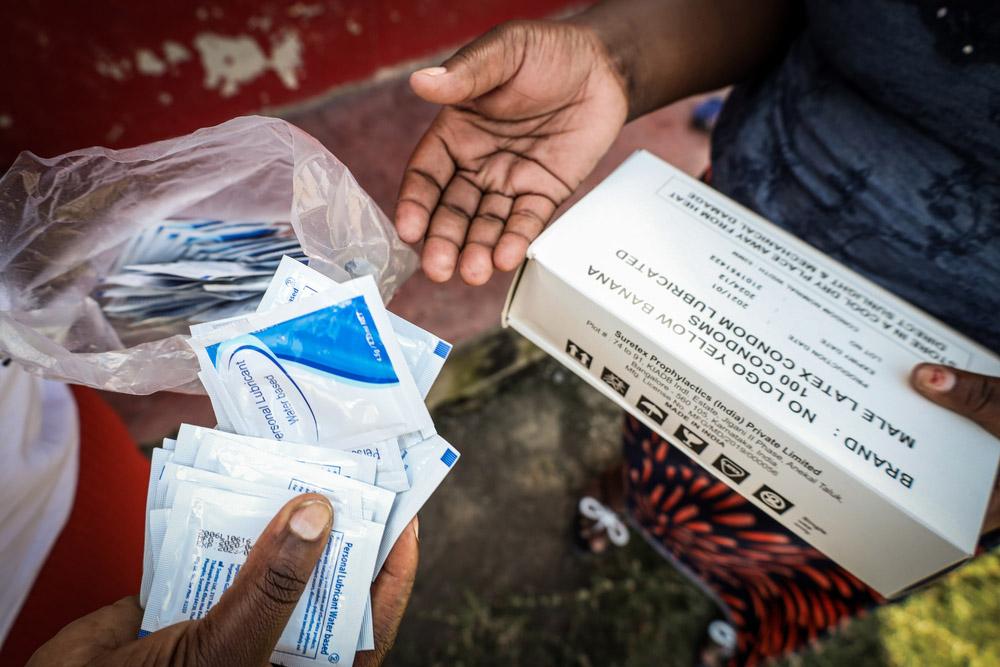
After a while, I started coughing a lot and then I took an HIV test. It was positive. At first, I was very depressed. I thought I was going to die, and my daughters were going to suffer. But I lifted my head up and accepted it as a reality. Nowadays, my daughters know I'm HIV positive.
They used to watch me take the pills, until one day I sat down and talked to them. I said, ‘the disease that mum has needs pills every day, and with the pills I am okay’. Now, sometimes, when I go out, I come back and forget to take my pills and they remind me, ‘mum, you didn't take your medicine today.
So, I'm living positively, and I'm happy.
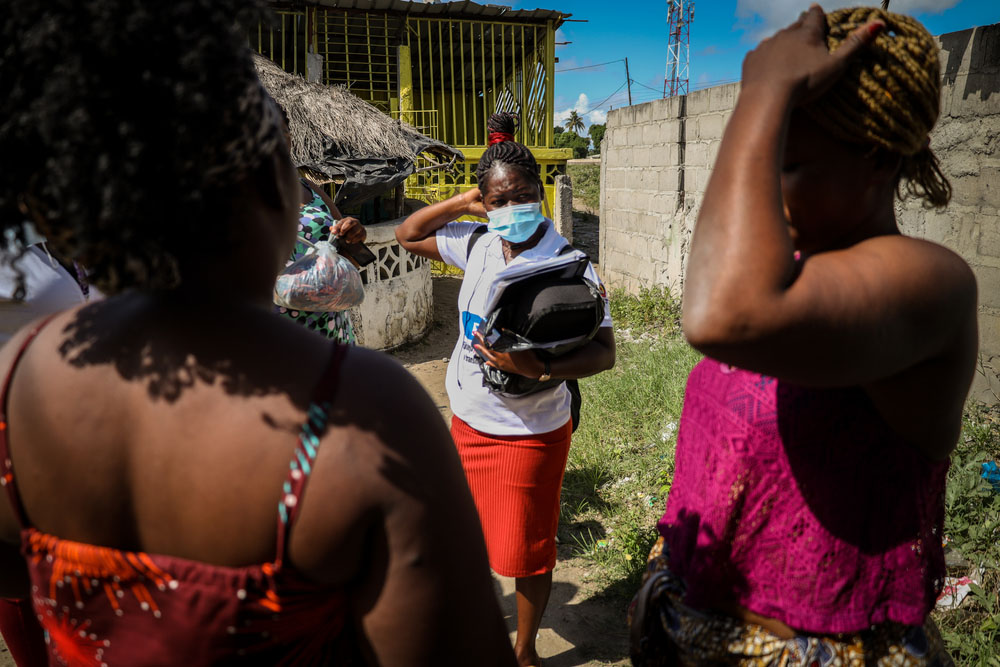
In addition to that, working with MSF as a peer educator is very rewarding. I first met MSF when I started using their services myself, but it was a bit late for me. I wish I'd had the chance to know everything I know today, then. Now I go to the community, I identify the girls who are at risk, I talk to them, and then I take them to the clinic.
From my experience, a lot of kids here are having sex for money. Men are looking for them or exploit them because they know they are desperate to get little things, like a phone or a dress. They charge very little and don't use protection. Most of the girls have issues with sexually transmitted infections. We keep telling them to use a condom.
It's complicated, but I help a lot of people. Sometimes I can't believe I'm that person!”
